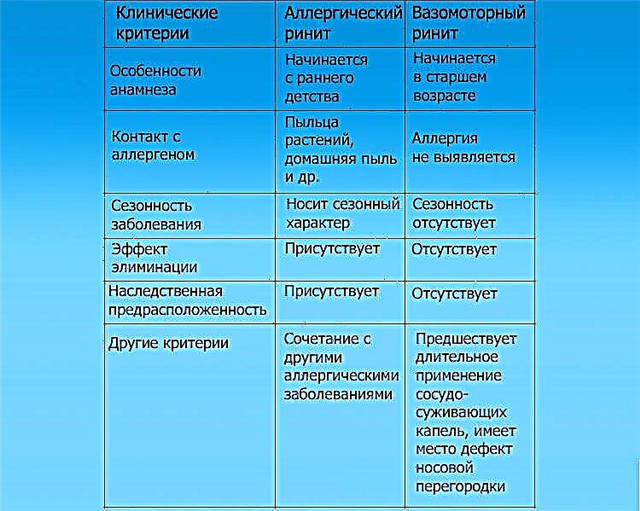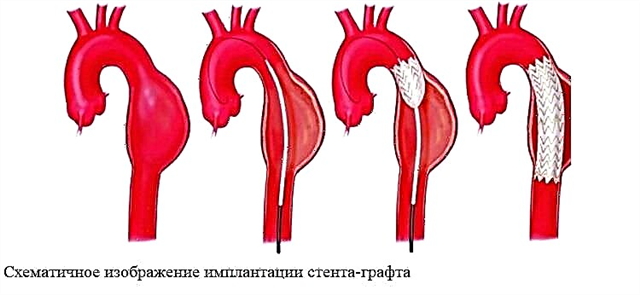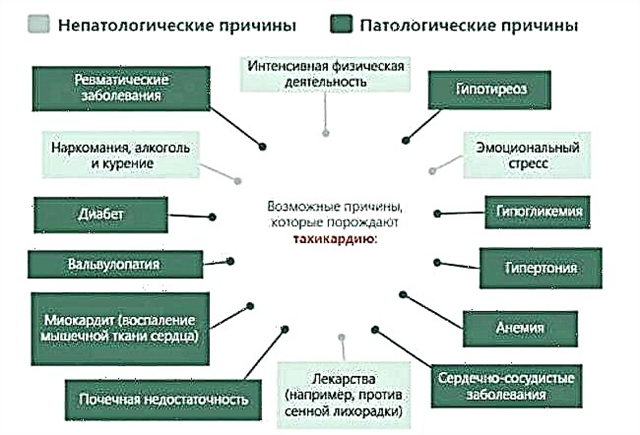Are hormones to blame?
 Hormonal changes in different periods of human development significantly affect the state of the blood vessels, and therefore the mucous membranes, densely penetrated by the capillary network. Some hormones change the tone of blood vessels, others cause an increase in the volume of circulating blood and contribute to greater blood circulation in the vessels, and still others change the reaction of the vascular walls to environmental factors (for example, increase sensitivity to allergens, cold, humidity, etc.).
Hormonal changes in different periods of human development significantly affect the state of the blood vessels, and therefore the mucous membranes, densely penetrated by the capillary network. Some hormones change the tone of blood vessels, others cause an increase in the volume of circulating blood and contribute to greater blood circulation in the vessels, and still others change the reaction of the vascular walls to environmental factors (for example, increase sensitivity to allergens, cold, humidity, etc.).
The condition of the blood vessels quickly affects nasal breathing - if the vessels are dilated, the mucous membrane of the nasopharynx swells, and the nose becomes stuffy.
Thus, it is not surprising that so often women have a stuffy nose during pregnancy - this is a period accompanied by sharp fluctuations in hormonal levels. Literally from the first days of pregnancy, the level of estradiol, estriol and other hormones is constantly increasing in the body. They have the following effects:
- Estrogens (estradiol, estrone, etc.) are vasodilator hormones. They promote vasodilation, which often causes swelling of the mucous membranes and nasal congestion.
- Estradiol promotes the growth of cartilage - this is necessary to facilitate labor, but can negatively affect the anatomy of the nasal cavity (which is why some women change the shape of their nose during pregnancy). The growth of cartilage sometimes leads to partial congestion.
- Progesterone retains water in tissues, and the longer the gestation period, the more fluid is retained. For this reason, pregnant women often suffer from edema, in particular - the nasopharynx.
- Adrenal hormones, in particular, cortisol, on the contrary, constricts blood vessels, however, with its excess (for example, with emotional stress), fluid retention occurs in the tissues, which also causes edema.
Changes in the nasopharyngeal mucosa during pregnancy are often referred to as "rhinitis of pregnancy". Its symptoms are very similar to the manifestations of vasomotor rhinitis, a disease of the nasopharynx, which also often develops as a result of hormonal imbalance.
According to various sources, from 5 to 32% of women at different periods of gestation encounter signs of rhinitis in pregnant women. It should be noted that the risk of developing rhinitis in pregnant women is higher in women who smoke, women suffering from chronic sinusitis, and those who are prone to allergic reactions.
Symptoms of rhinitis during pregnancy
Not every runny nose in a pregnant woman can be called rhinitis of pregnant women - this is a separate disease that has certain manifestations and features of the course. According to the researchers of this problem, rhinitis of pregnant women should be suspected in the presence of the following symptoms:
- nasal congestion for more than 2 weeks;
- violation of nasal breathing, which arose not earlier than 6 weeks of pregnancy, and not later than 2 weeks after childbirth;
- nasal discharge is absent or not abundant;
- the severity of symptoms may increase over time;
- symptoms of ARVI or other infectious diseases (high fever, cough, chills, sore throat, etc.) are absent.

Nasal congestion not only brings discomfort to the mother, but also adversely affects the condition of the child. He finds himself in conditions of a chronic lack of oxygen, which can slow down development.
Hypoxia has a particularly negative effect on the fetus in the early stages of pregnancy.
Treatment
Thus, we figured out why expectant mothers have a stuffy nose. But is there anything you can do about it? How to alleviate the condition of a pregnant woman?
First of all, if pregnant women suspect rhinitis, a woman should consult a therapist. The fact is that the symptoms of rhinitis in pregnant women are in many ways similar to the symptoms of other types of rhinitis (primarily vasomotor rhinitis). It is also possible that you are dealing with infections - ARVI, sinusitis, etc. It is not always possible to distinguish these diseases on your own. The doctor will prescribe studies of blood and mucus in the nasal cavity - this will make it possible to exclude allergic and infectious causes of the disease, which will avoid the prescription of unnecessary medications.
When treating nasal congestion in a pregnant woman, it is important not only to make the woman feel better, but also to prevent the negative effect of the drugs used on the fetus.
What cannot be done?
 During pregnancy, the use of vasoconstrictor drugs for the nose, such as Naphthyzin, Nazivin, Dlyanos, Evkazolin and analogues, is not allowed. First, vasoconstrictors can be used for only 5-7 days, which is usually not enough for long-term relief from rhinitis in pregnant women. Secondly, all vasoconstrictor drugs affect the tone and permeability of blood vessels, which is completely undesirable during childbearing.
During pregnancy, the use of vasoconstrictor drugs for the nose, such as Naphthyzin, Nazivin, Dlyanos, Evkazolin and analogues, is not allowed. First, vasoconstrictors can be used for only 5-7 days, which is usually not enough for long-term relief from rhinitis in pregnant women. Secondly, all vasoconstrictor drugs affect the tone and permeability of blood vessels, which is completely undesirable during childbearing.
Nevertheless, many doctors consider it permissible to use pediatric vasoconstrictor drugs (they are less concentrated and have a lower dosage, i.e. when instilling a drop of a smaller volume). At the same time, instilling a nose even with children's vasoconstrictor drops should be done in extreme cases, if the nose is heavily stuffed up, or you cannot sleep due to problems with nasal breathing.
What can you do?
Among the nasal products, the safest is saline, as well as drops and sprays based on seawater. Irrigation of the mucous membrane and lavage of the nasal cavity or nasopharynx are used. Such procedures wash away allergens and other irritants from the mucous membrane, contribute to the liquefaction and outflow of mucus from the nasopharynx, reduce edema, and prevent the development of stagnant processes.
The doctor may prescribe hormonal nasal drops for the pregnant woman. They relieve swelling due to their pronounced anti-inflammatory effect. One of the advantages of hormonal drops is their poor absorption into the bloodstream from the mucous membrane. For example, Avamis, Aldetsin are quite safe and approved for pregnant women. At the same time, hormonal drops significantly reduce local immunity, as a result of which the expectant mother becomes more susceptible to various viruses, bacteria and fungi. That is why such nasal drops can be used only under the supervision of a doctor.
Also, a woman should pay attention to such simple ways to facilitate nasal breathing, such as moisturizing and purifying the air in the house, frequent walks, massage of the paranasal zone, and during sleep - a moderate elevation of the head (high pillow). You should be careful with traditional medicine - often its consequences are more deplorable than those of pharmaceuticals.
Usually the symptoms of rhinitis disappear spontaneously in 1-2 weeks after childbirth, so if congestion began to bother you at a later date, it makes sense to give up strong medications and use more gentle methods of dealing with congestion, for example, instillation of saline drops, etc.




